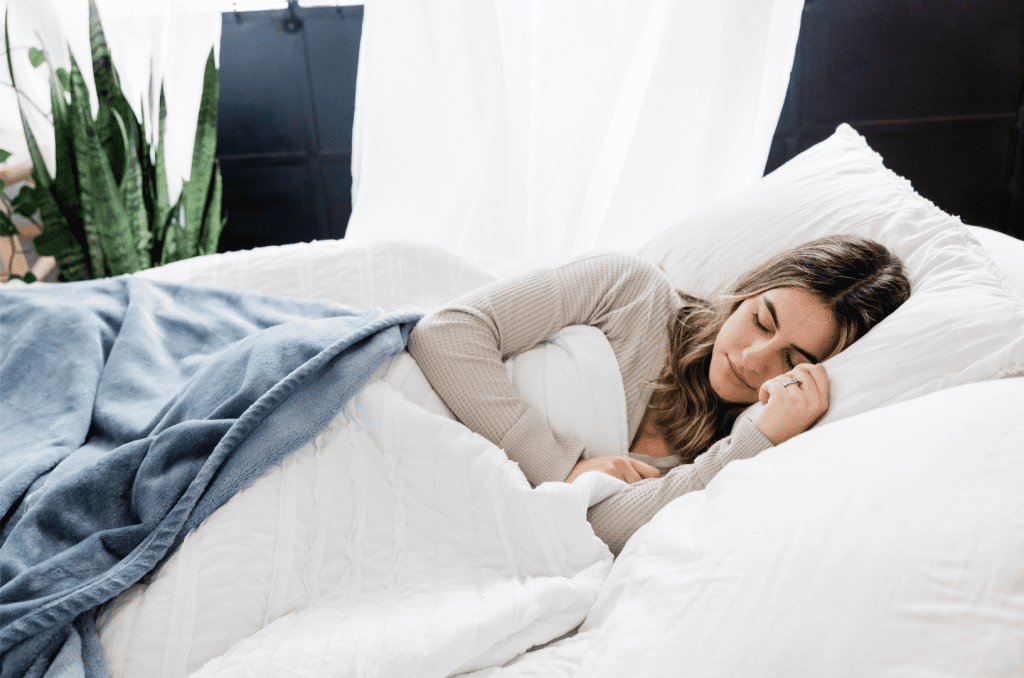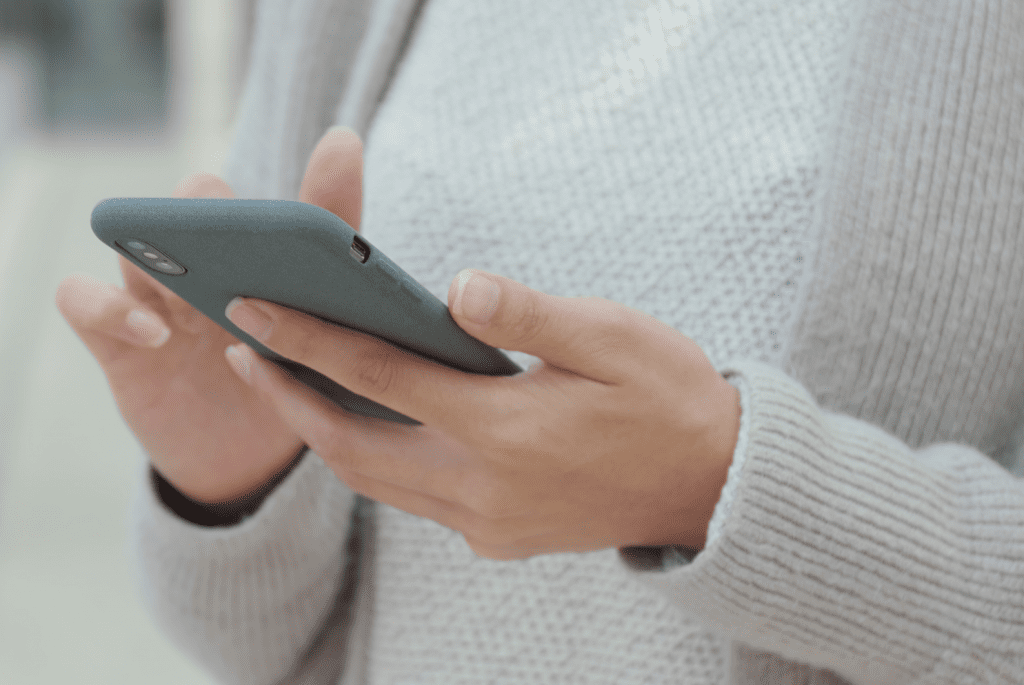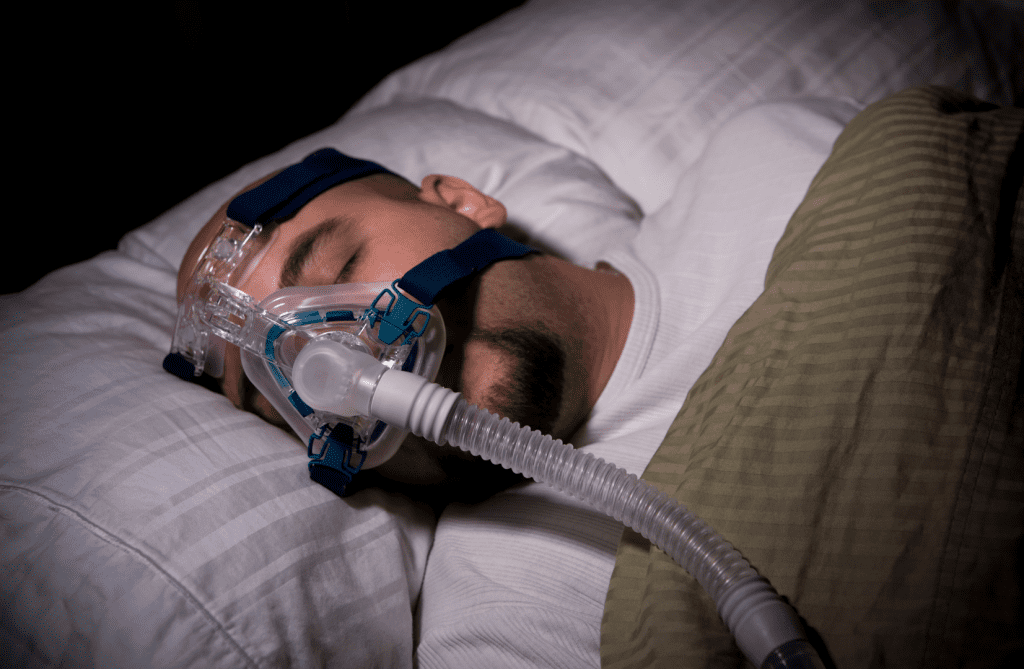News
New clinical guidelines to manage insomnia with intensive behavioral therapy
June 03, 2021

If insomnia keeps you awake at night, Flinders University researchers recommend a trip to the doctor – not for a sleeping pill prescription but for a short course of intensive behavioral therapy.
Researchers have developed new clinical guidelines for Australian doctors to give family GPs insights into the most effective treatment for insomnia – Cognitive Behavioral Therapy for insomnia (or ‘CBTi’).
CBTi improves insomnia, mental health and quality of life, and can be more successful than sleeping pills, say Adelaide Institute for Sleep Health (AISH) sleep experts from Flinders University in a new paper in the Australian Journal of General Practice.
Most patients with insomnia managed in general practice are prescribed potentially addictive sedative-hypnotic medicines (e.g. benzodiazepines), and never access the CBTi that would treat their underlying condition, they say.
“We are aiming to provide GPs with more information, accessible guidelines and
tools, as well as referral and treatment options to manage insomnia with CBTi.
To get the ball rolling, our step-by-step model for GPs will identify, assess
and treat insomnia with a Brief Behavioral Treatment for Insomnia program (BBTi).”
– Dr Alex Sweetman, Lead Researcher, Flinders University
Brief Behavioral Treatment for insomnia leads to long-term improvement of insomnia, mental health, and overall quality of life, and can help patients reduce their use of sedative-hypnotic medicines.
This clinical review published in the Australian Journal of General Practice provides GPs with a description of a four-session insomnia treatment program that is tailored to the time limitations, knowledge, and capacity of general practice staff.
Dr Sweetman and his team are currently running two trials to provide GPs with a suite of tools and treatment options to manage patients with insomnia.
Chronic insomnia is characterized by difficulties getting to sleep, staying asleep, and/or early morning awakenings from sleep – with daytime impairments including reduced work productivity, fatigue and concentration difficulties.
Common in approximately 15% of the general population, it can persist for many years unless treated – ideally with non-pharmaceutical interventions.
Meanwhile, AISH and other sleep experts have also expanded ongoing investigations into better treatments for complex cases of combined insomnia, and sleep apnea (COMISA), all conditions leading to doctor diagnoses and the need for targeted interventions.
The study of 2044 adult Australians found COMISA disorders are common and associated with increased medical and psychiatric co-morbidity, as well as poor general health.
“Much more investigation is required understand these combined disorders and improve diagnostic and treatment approaches,” researchers say in their paper, Prevalence and associations of co-morbid insomnia and sleep apnea in an Australian population-based sample (2021) by A Sweetman, YA Melaku, L Lack, A Reynolds, TK Bill, R Adams and S Appleton has been published in Sleep Medicine (Elsevier) DOI: 10.1016/j.sleep.2021.03.023
More information at A step-by-step model for a brief behavioral treatment for insomnia in Australian general practice (2021) by Alexander Sweetman, Nicholas A Zwar, Nicole Grivell, Nicole Lovato and Leon Lack has been published in the Australian Journal of General Practice Volume 50, Issue 5, DOI: 10.31128/AJGP-04-20-5391
Insomnia is a common and debilitating disorder that is frequently associated with important consequences for physical and mental health and wellbeing. It often occurs in tandem with another common sleep disorder, obstructive sleep apnea (OSA).
Along with daytime sleepiness and fatigue, these debilitating disorders can be treated in a number of ways to reduce long-term health issues including diabetes, heart disease, anxiety and depression.
Others

Hormones linked with sleep apnea, snoring in postmenopausal women
Middle-aged women with low levels of estrogen and progesterone are more likely to snore and to report symptoms of obstructive sleep apnea, according to a new study published this week in PLoS ONE by Kai Triebner of University…
Read More
Smartphone-recorded sleep breathing shows promise for obstructive sleep apnea prediction
Sleep breathing sounds recorded via smartphone yielded fair prediction of obstructive sleep apnea, researchers reported in JAMA Otolaryngology – Head & Neck Surgery…
Read More
Continued CPAP use cuts risk for death
Ongoing use of continuous positive airway pressure (CPAP) treatment is associated with lower all-cause mortality in patients with obstructive sleep apnea (OSA), according to a study published in the June issue of CHEST.
Read MoreContact Us
Location
1215 Kinwest Pkwy Ste 130 Irving TX 75063
Email Us
contactus@myapneapath.com
